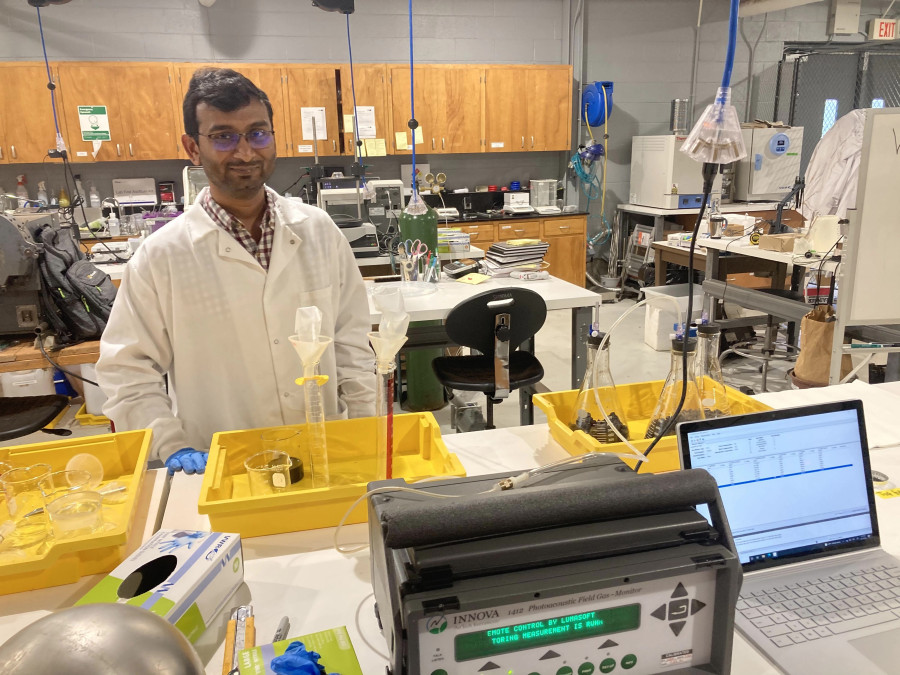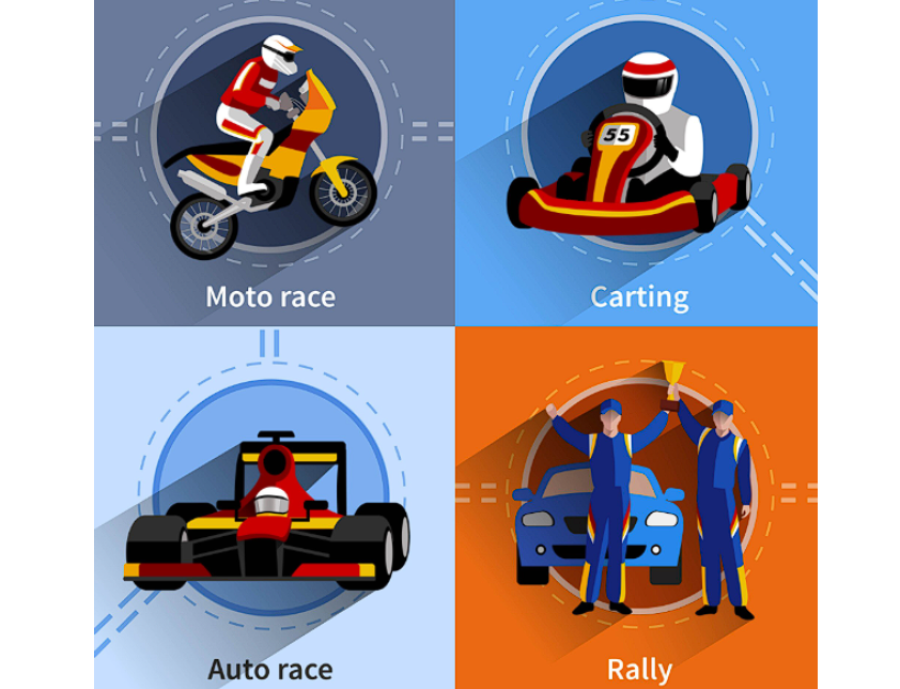In the rapidly evolving digital era, Artificial Intelligence (AI) has emerged as a transformative force across various industries, including education and workforce training. One of the most significant impacts of AI is its ability to facilitate skill development, empowering individuals to learn faster, smarter, and more efficiently than ever before.
The Role of AI in Modern Learning
AI is redefining how we acquire new skills. Traditional learning methods are being supplemented—or even replaced—by intelligent systems that adapt to the needs of individual learners. AI-powered platforms use machine learning algorithms to assess a learner’s strengths, weaknesses, and progress, and then personalize the content accordingly. This ensures that learners receive targeted instruction and feedback, leading to more effective skill acquisition.
Personalized and Adaptive Learning
One of the most powerful aspects of AI in skill development is personalization. Adaptive learning platforms such as Coursera, Khan Academy, or Duolingo use AI to tailor content in real time. For example, if a user struggles with a particular coding concept or grammar rule, the system provides additional exercises and explanations until mastery is achieved. This individualized approach helps learners move at their own pace, which is especially beneficial in diverse classrooms or self-learning environments.
Access to Global Knowledge and Resources
AI breaks down geographical and socio-economic barriers by offering access to high-quality education and training materials globally. AI-powered chatbots, virtual tutors, and voice assistants make learning accessible 24/7. Platforms like ChatGPT can provide explanations, feedback, and even simulate interviews or presentations—helping users develop both technical and soft skills from anywhere in the world.
Skills for the Future Workforce
The integration of AI into skill development is not limited to academic learning. It plays a vital role in professional development too. AI is helping workers upskill in areas like data analysis, digital marketing, programming, robotics, and project management. More importantly, AI supports the growth of soft skills such as communication, leadership, and emotional intelligence through interactive simulations and feedback tools.









